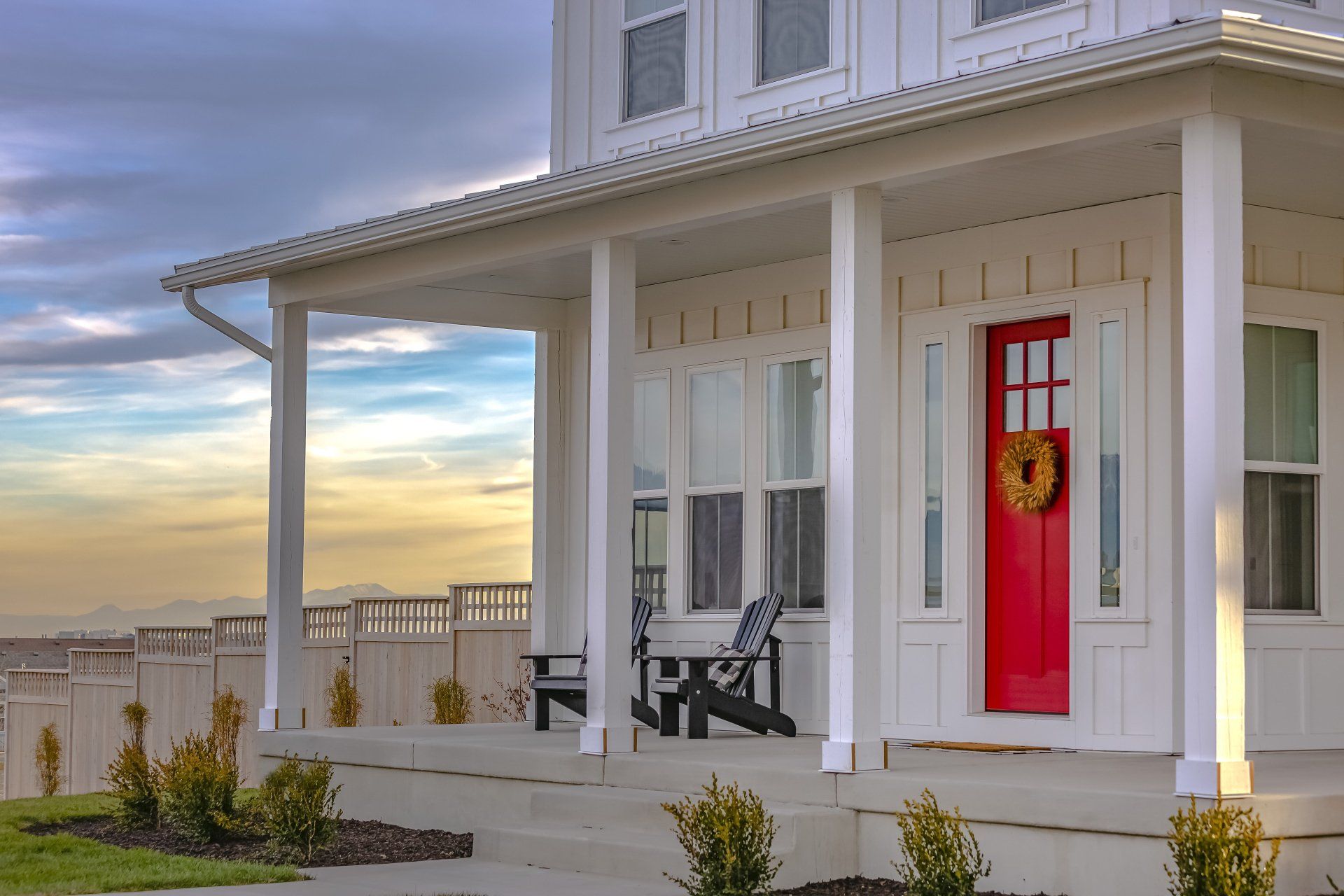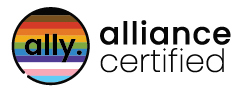Condo Buying 101: Mastering the Process with 8 Expert Tips
Liz's Lender Corner
There are many reasons to seek condo ownership – easy maintenance, awesome amenities, security, the list goes on! Whether our clients are looking for a second home on the ocean, or looking for urban living downtown, we want to make sure they understand the ins and outs of condo financing, and how it is evolving.
1. Condo Approval is Crucial
To secure a conventional loan for a condo, the condominium complex itself must meet specific eligibility criteria - this process is known as condo approval. It ensures that the condo community is financially stable, well-managed, and adheres to certain standards. These standards have become stricter in recent years, so it is very important to reach out to a lender at the beginning of your condo search and make sure you have them check the eligibility of each building you are interested in.
2. Alternative Financing Options
Not all condos are eligible for conventional loans. There are specific requirements for the percentage of owner-occupied units, the condo association's budget and reserves, and insurance coverage. Non-warrantable condos, which don't meet these criteria, may require alternative financing (our team does have non-warrantable condo products available).
3. Homeowner’s Association Fees
It is always good to consider the fees associated with buying a condo or a townhome. Know that there will be association fees, as well as monthly maintenance fees. These fees are part of your debt-to-income ratio (DTI) and can affect your loan eligibility. In addition, some HOAs will collect multiple months upfront or will charge a move-in fee at the time of closing, so it is always good to budget for those items when looking at condos.
4. Special Assessments
Be sure to inquire about any recent or upcoming special assessments within the condo community. Special assessments are additional fees imposed by the condo association to cover unexpected expenses or major repairs. They can affect the eligibility of the condo project and financing. These projects can sometimes be great additions to a building that adds value to your purchase and are not always negative!
5. Reserve Funds
Take time to examine the condo association's reserve funds. A well-funded reserve fund is a positive sign, as it indicates the ability to cover future maintenance and repairs. Inadequate reserves could raise concerns for lenders.
6. HOA Litigation
You might want to be cautious if the condo association is involved in ongoing litigation. This could affect the complex's financial stability and your loan approval.
7. Condo Questionnaire
As part of the loan process, lenders order a condo questionnaire from the HOA management company. This document gathers information about the condo association, including its financials, insurance, and management. You can ask your lender for information from this questionnaire if you need to know more than what was in your condo bundle.
8. FHA vs. VA vs. Conventional
While we have mostly focused on conventional loans, it is worth noting that the Federal Housing Administration (FHA) and the Veterans Administration (VA) offer condo loans with different requirements. FHA and VA loans may be an option if the condo complex is not eligible for conventional financing, however, they are usually stricter on their eligibility. Make sure to check with your lender to make sure that the condo you are interested in is approved for your unique loan type.
At the end of the day, buying a condo is extremely rewarding! It's crucial to work with an experienced real estate agent and a lender well-versed in condo financing to navigate the process successfully. Careful evaluation of the condo complex's financial health and eligibility is key to a smooth transaction.
We hope you consider our team for your next condo purchase!
Warm regards,













